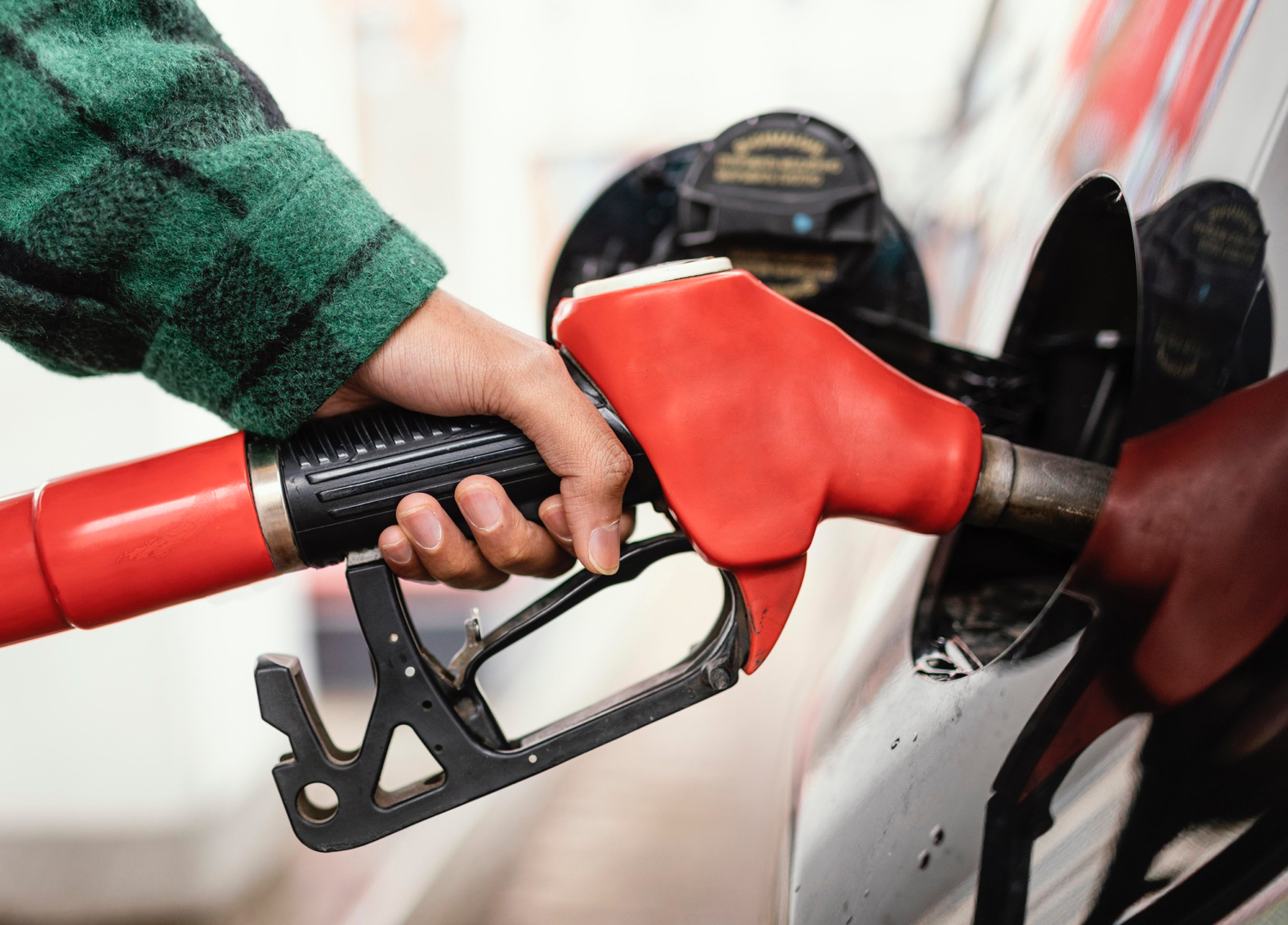A car’s fuel system is a complex network of components working in unison to ensure the efficient delivery of fuel to the engine. However, like any other mechanical system, the fuel system is susceptible to wear and tear, leading to potential issues such as fuel leaks. A fuel leak can pose serious safety hazards and negatively impact your vehicle’s performance. In this article, we will delve into the common causes of car fuel leaks, shedding light on the factors that could compromise this critical system.
- Age and Wear of Fuel Lines
Over time, the rubber or metal fuel lines that transport fuel from the tank to the engine can degrade due to exposure to heat, vibrations, and environmental elements. Cracks, holes, or corrosion may develop, allowing fuel to escape. Regular inspections of these fuel lines can help identify signs of wear and prevent potential leaks.
- Faulty Fuel Injectors
Fuel injectors play a crucial role in delivering the right amount of fuel to the engine. When these components malfunction, they may develop leaks or cause uneven fuel distribution. A damaged or clogged injector can lead to fuel leakage, affecting engine performance and fuel efficiency.
- Damaged Fuel Tank
The fuel tank is a critical component that stores and protects the vehicle’s fuel. External factors such as collisions, road debris, or rust can compromise the integrity of the fuel tank, resulting in leaks. Regular inspections and prompt repairs can help mitigate potential damage to the fuel tank.
- Loose or Faulty Fuel Fittings
Various fittings and connectors link the different components of the fuel system. If these fittings are not properly tightened during installation or become loose over time, fuel leaks may occur. Regular maintenance, including checking the tightness of fittings, can prevent this common cause of fuel leaks.
- Degraded Fuel Pump Gasket
The fuel pump, responsible for pumping fuel from the tank to the engine, is equipped with a gasket that seals the connection points. Over time, this gasket may degrade due to exposure to fuel and heat, leading to leaks. Regular inspection of the fuel pump and timely replacement of the gasket can prevent fuel pump-related leaks.
- Cracked or Damaged Fuel Filter
The fuel filter is designed to trap impurities and contaminants before they reach the engine. A damaged or clogged fuel filter can lead to increased pressure within the fuel system, causing leaks. Regular replacement of the fuel filter as part of routine maintenance is crucial to preventing this issue.
Car fuel leaks are a serious concern that can compromise both safety and performance. Regular maintenance, thorough inspections, and prompt repairs are key to preventing and addressing fuel leaks. Drivers should be vigilant and address any signs of fuel leakage promptly to ensure the longevity and safety of their vehicles. By understanding the common causes of fuel leaks and taking proactive measures, car owners can contribute to the overall health and efficiency of their vehicles.











